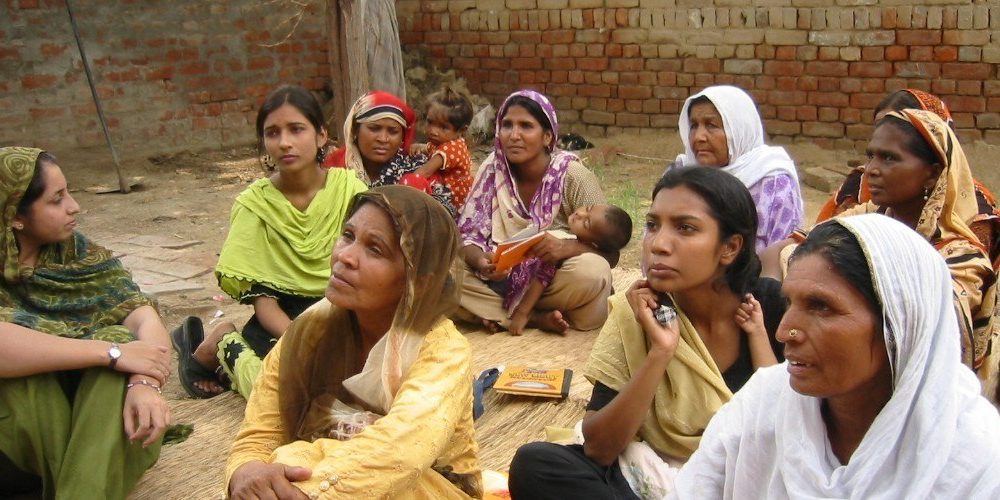
Kashf Foundation: Microfinance for women in Pakistan
In Pakistan, 21% percent of the population lives under the $1.25 a day poverty line while over 60% lives under $2.
56% of the population is financially excluded (68% of women, 42% of men). Kashf Foundation works in Pakistan for poverty alleviation by providing financial services to low-income households especially to women. The credit program is complemented with ancillary services such as financial education, gender empowerment trainings, and health awareness. Over the years, clients have demonstrated progress on the following indicators; growth in income and saving capacity, perception of empowerment, more respect being given to women, decrease in domestic issues and overall well being of the household.
Impact
Kashf Foundation’s commitment to gender empowerment and the eradication of poverty has been manifested by the phenomenal growth in its outreach and its commendable achievements in the past decade. International experience demonstrates that the best channel to deliver financial services is through a pro-poor and client friendly microfinance organization, both of these factors have been at the core of Kashf’s business model.
Over the years, clients have demonstrated progress on the following indicators; growth in income, growth in saving capacity, perception of empowerment, more respect being given to women, decrease in domestic issues, improved food security, and overall wellbeing of the household.
Beneficiaries
Kashf Foundation’s key demographic is women from low income households who are essentially self-employed, have a high dependency ratio in terms of earners per family, rely on vulnerable sources of income and have a very low asset base.Monthly household income between Rs. 3,500 – Rs. 20,000.Moreover, Kashf Foundation tries to target households that have a low and inequitable gender base, i.e. women most likely to be suffering from reproductive health problems and most likely to be more illiterate than their male counterparts.
Sustainability
From 2006 – 2009 Kashf Foundation’s OSS was over 100%. Currently due to change in lending methodology it has gone below 100%. The qualititaive impact of our work is measured through independent impact assesments every two years.
Innovation
Kashf Foundation was the first MFI to
- demonstrate that a women centric model in Pakistan can work successfully.
- develop women friendly microfinance products and a delivery methodology that addressed women’s unique collaborative strengths
- to introduce micro-savings for low-income households.
- achieve both operational and financial self sufficiency in 2003.
- institute a consumer protection code.
- raise commercial debt through the issuance of term finance certificates in 2007.
- introduce and scale up an appraisal backed lending model for low-income clients.
- introduce and scale up a two tiered financial education program for clients.
Scalability
Our methodology is based on a standard screening and selection processes implemented across the board and is replicated by ensuring consistency in target market selection, singular product offering (mainly for productive business purposes) and uniform training of field teams. Furthermore, there is a constant focus on enhancing loan officer productivity.
Source of funding
We work on multiple sources of funds e.g. Loan recovery, borrowings from Financial institutions and Grants. We use Loan recoveries and Borrowings for meeting our short term requirements such as loans disbursements, loan obligations and regular monthly expenses. We also negotiate long term borrowing for keeping a reserve to meet any unplanned expenses/obligations. We use grants for capacity building, operation support or research work.